Description
This edited volume provides the cement science community with a state-of-the-art overview of analytical techniques used in cement chemistry to study the hydration and microstructure of cements. Each chapter focuses on a specific technique, not only describing the basic principles behind the technique, but also providing essential, practical details on its application to the study of cement hydration. Each chapter sets out present best practice, and draws attention to the limitations and potential experimental pitfalls of the technique. Databases that supply examples and that support the analysis and interpretation of the experimental results strengthen a very valuable ready reference.
Utilizing the day-to-day experience of practical experts in the field, this book:
-
- Covers sample preparation issues
- Discusses commonly used techniques for identifying and quantifying the phases making up cementitious materials (X-ray diffraction and thermogravimetric analysis)
- Presents good practice oncalorimetry and chemical shrinkage methods for studying cement hydration kinetics
- Examines two different applications of nuclear magnetic resonance (solid state NMR and proton relaxometry)
- Takes a look at electron microscopy, the preeminent microstructural characterization technique for cementitious materials
- Explains how to use and interpret mercury intrusion porosimetry
- Details techniques for powder characterization of cementitious materials
- Outlines the practical application of phase diagrams for hydrated cements
Avoid common pitfalls by using A Practical Guide to Microstructural Analysis of Cementitious Materials. A one-of-a-kind reference providing the do’s and don’ts of cement chemistry, the book presents the latest research and development of characterisation techniques for cementitious materials, and serves as an invaluable resource for practicing professionals specializing in cement and concrete materials and other areas of cement and concrete technology.

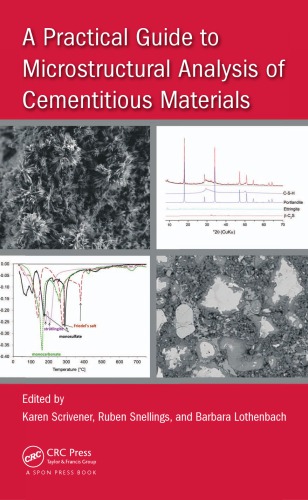
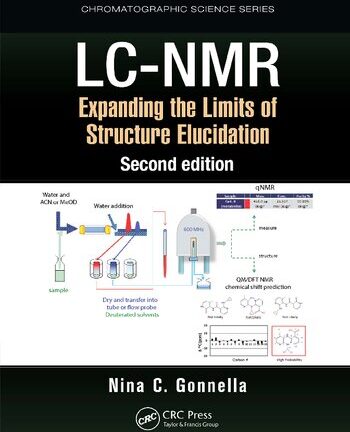
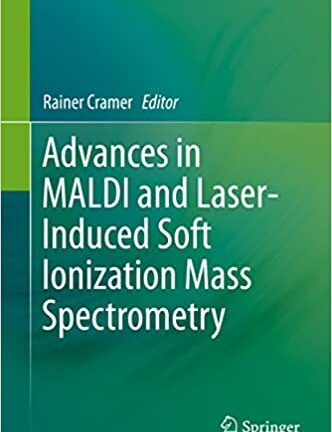
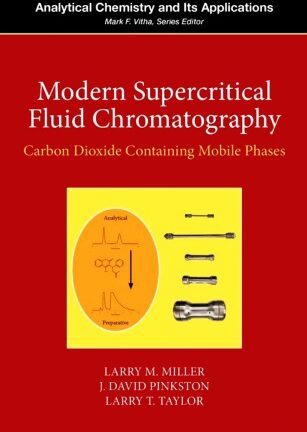
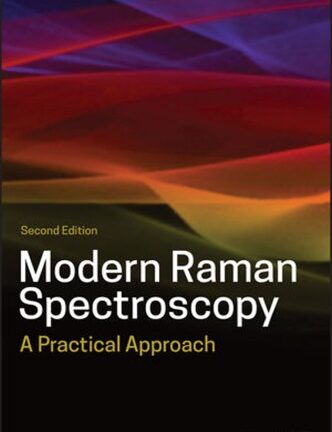
Reviews
There are no reviews yet.